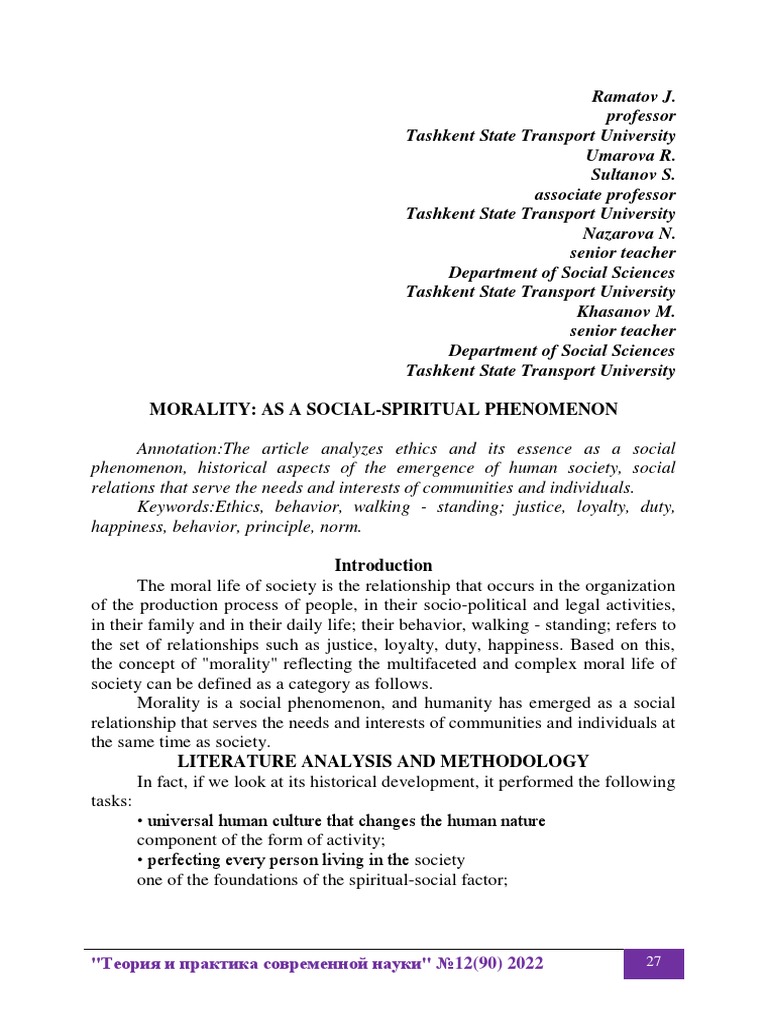Racism, an unsettlingly persistent phenomenon, permeates various dimensions of human interaction. It manifests not only as overt prejudice but also as subtle systemic injustices. In an age where societal progress is often heralded, the specter of racism raises profound questions regarding our collective humanity. The Bahá’í teachings offer a multifaceted perspective on this pressing issue, revealing both social and spiritual dimensions that contribute to the perpetuation of racism. This exploration seeks not only to underline the Bahá’í stance against racial discrimination but also to delve deeply into the underlying causes and propose pathways toward healing and unity.
To understand racism through the lens of Bahá’í teachings, one must first acknowledge its historical context. Racism has been woven into the very fabric of societies worldwide, often justified through misguided ideologies rooted in superiority and inferiority. The Bahá’í writings articulate that the notion of race as a construct is fundamentally flawed. Every human being, irrespective of their racial or ethnic background, is regarded as a manifestation of the Divine—a concept that underscores the intrinsic worth and equality of all individuals.
Central to the Bahá’í perspective is the emphasis on unity. Bahá’u’lláh, the founder of the Bahá’í Faith, proclaimed that the earth is but one country, and mankind its citizens. Thus, the reality of our shared existence challenges the divisive ideologies associated with racism. The teachings advocate for the recognition of the oneness of humanity, calling for the dismantling of barriers that engender prejudice and discrimination. This exhortation not only addresses the social implications of racism but also points to a spiritual awakening necessary for societal change.
Underlying the social phenomenon of racism are various psychological and cultural factors. The propensity for humans to form in-groups can lead to the exclusion of others, engendering an ‘us versus them’ mentality. This instinctual behavior can be exacerbated by societal narratives that glorify particular traits or backgrounds while vilifying others. These narratives often stem from historical injustices and power dynamics that perpetuate systemic inequality. The Bahá’í teachings reject these divisive narratives and promote an ethos of inclusion and acceptance, challenging adherents to reflect deeply on their biases and societal conditioning.
Moreover, the Bahá’í perspective elucidates the necessity of education in combating racism. The energies devoted to nurturing a spirit of inquiry and understanding can both disrupt preconceived notions and cultivate an appreciation for diversity. Bahá’í education aims to foster a sense of interconnectedness among individuals, portraying education not merely as the acquisition of knowledge but as a transformative force capable of changing hearts and minds. This holistic approach emphasizes moral education, promoting the virtues of love, kindness, and empathy as foundational to overcoming prejudicial attitudes.
In recognizing racism as a social phenomenon, it is equally important to grasp its spiritual implications. The concept of the soul in Bahá’í belief underscores that every individual is a reflection of God’s attributes. Discrimination undermines the essence of our spiritual purpose, which is intrinsically linked to the realization of our collective potential. Bahá’í teachings highlight that fostering unity and love among all people is not simply a social imperative but a spiritual obligation that is essential for achieving true peace and justice.
Furthermore, the Bahá’í community emphasizes the importance of individual responsibility in confronting racism. Each person bears a moral duty to engage in self-reflection, confronting their own prejudices and assumptions. It is through this introspective journey that one can cultivate a deeper understanding of the interconnectedness of all humanity. Individuals are encouraged to engage in dialogue, both within and outside the Bahá’í community, to challenge racist ideologies and promote understanding across cultural divides.
Another essential aspect of the Bahá’í response to racism is the recognition of the systemic structures that sustain discriminatory practices. Institutions and social systems often reflect and perpetuate racial hierarchies, which can be dismantled only through concerted, collective action. The Bahá’í teachings advocate for systemic change that upholds justice and equity, emphasizing that every individual has a role to play in creating a just society. This includes advocating for policies that dismantle systemic racism and promoting collective efforts to create inclusive environments.
Within the Bahá’í context, the principle of consultation emerges as a vital mechanism for addressing issues related to racism. This process emphasizes the importance of collective decision-making, fostering environments where diverse perspectives can be heard and valued. Through consultation, communities can collectively explore and confront the complex dynamics of racism, seeking solutions that resonate within the ethos of unity and justice central to Bahá’í teachings. This communal approach serves to empower individuals while encouraging accountability and mutual support.
In conclusion, the Bahá’í teachings illuminate the multifaceted nature of racism, revealing it as a profound social and spiritual phenomenon. By challenging entrenched prejudices, promoting education, and advocating for systemic change, the Bahá’í community seeks to cultivate a world where unity prevails over division. This noble aspiration requires a collective commitment to the principles of equality, justice, and love—principles that lie at the very heart of the Bahá’í Faith. Ultimately, the quest for racial harmony transcends individual actions; it beckons humanity toward a shared destiny grounded in the recognition of our collective humanity.
